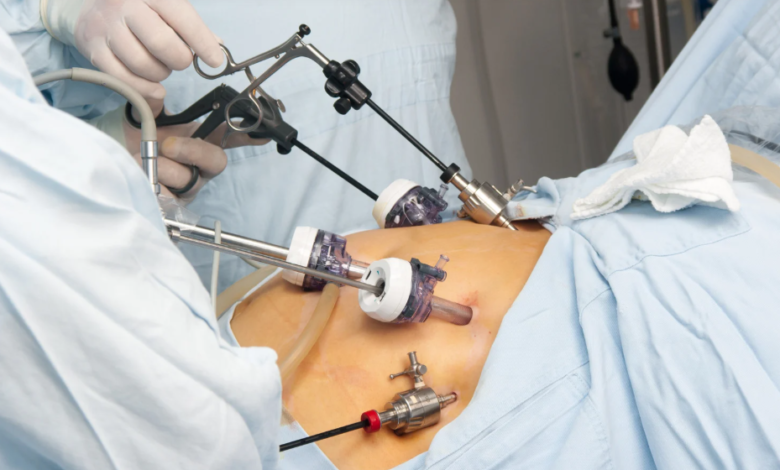Role of Latest Technologies in Revolutionizing Bariatric Surgery for Safer, Faster Recovery

Advances in medical technology are transforming the way bariatric surgery is performed, making procedures safer, more efficient, and better tailored to patient needs. Today’s innovations are not only improving surgical precision but also significantly reducing recovery times and complications. For those considering weight loss surgery, these improvements are reshaping the overall experience and outcomes. Patients seeking procedures such as bariatric surgery in New York City now benefit from cutting-edge methods that prioritize safety and enhance long-term results.
Minimally Invasive Surgical Techniques
Modern bariatric surgery relies heavily on minimally invasive approaches such as laparoscopic and robotic-assisted techniques. These methods involve smaller incisions, resulting in less scarring, reduced postoperative pain, and faster recovery compared to traditional open surgery. Robotic systems also provide surgeons with enhanced precision, greater dexterity, and improved visualization, allowing them to perform complex procedures with minimal risk. As a result, patients often return to normal activities much sooner while experiencing fewer complications.
Enhanced Imaging and Surgical Planning
Another key innovation is the use of advanced imaging tools for surgical planning. High-resolution imaging and 3D modeling enable surgeons to plan procedures with remarkable accuracy. This not only helps in minimizing risks but also ensures better alignment of surgical techniques with each patient’s anatomy. Such detailed preparation contributes to smoother surgeries, reduced time under anesthesia, and greater overall success rates.
Shortened Timelines and Improved Access
For many patients, understanding how quickly they can get bariatric surgery is an important consideration. Technological advancements have streamlined preoperative assessments and scheduling, enabling qualified patients to move through the process more efficiently. From digital consultations to automated medical evaluations, technology is helping individuals to access surgical solutions without unnecessary delays, while maintaining the highest standards of safety.
Role of Nutritional Counseling and Technology
While surgery is a significant milestone, long-term success also depends on proper aftercare. The importance of nutritional counseling before and after bariatric surgery cannot be overstated. Digital health platforms now allow for personalized diet tracking, virtual consultations with nutritionists, and real-time guidance to support lifestyle changes. This combination of medical expertise and technology ensures that patients receive continuous support to maintain weight loss and overall health.
Postoperative Monitoring and Recovery Tools
Technology also plays a vital role after surgery. Wearable devices, mobile health apps, and telemedicine platforms are helping patients stay connected with their healthcare providers during recovery. These tools enable continuous monitoring of vital signs, facilitate early detection of potential complications, and facilitate convenient follow-ups without requiring frequent in-person visits. By bridging the gap between patients and medical teams, recovery becomes smoother, safer, and more patient-centered.
Improved Patient Outcomes and Quality of Life
Collectively, these innovations contribute to higher success rates and better patient satisfaction. Shorter hospital stays, fewer complications, and enhanced support systems all lead to improved physical health and mental well-being. Patients benefit not only from the weight loss itself but also from the confidence and energy that come with a faster recovery and sustainable results.
Conclusion
The integration of new technologies into bariatric surgery has revolutionized patient care. From minimally invasive techniques and advanced imaging to enhanced nutritional support and postoperative monitoring, every stage of the process has been optimized for safety and efficiency. For individuals pursuing weight loss surgery, these advancements ensure a smoother journey and lasting improvements in health and quality of life.







